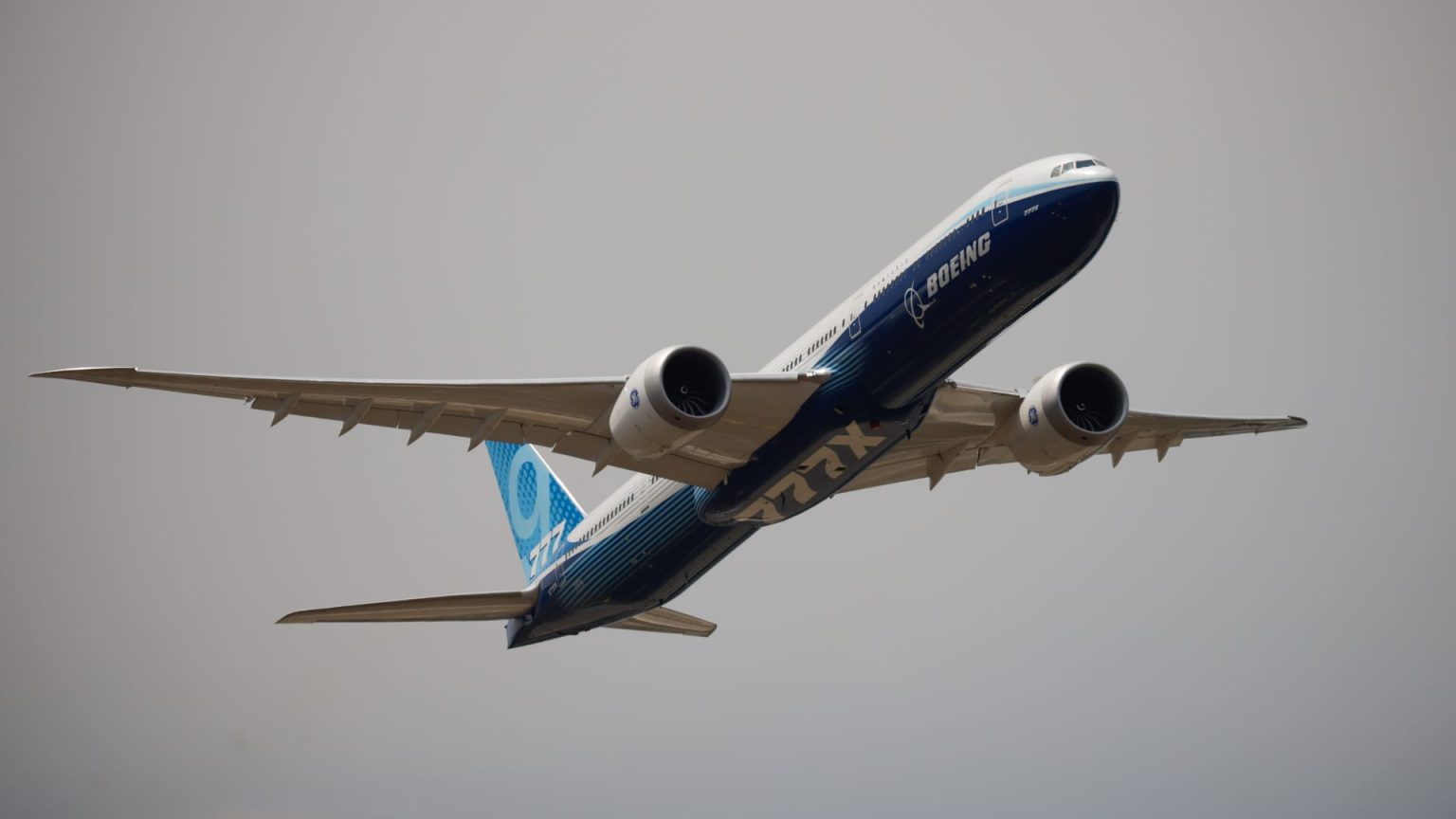Boeing has paused flight tests of its 777X aircraft after discovering damage to a custom part during scheduled maintenance. This damage was found between the engine and the airplane structure, prompting the grounding of the three other 777-9 airplanes in the test fleet. The company stated that it is replacing the damaged part and will resume flight testing once ready. Boeing has informed the Federal Aviation Administration and its customers, who have ordered a total of 481 of the 777X aircraft.
The grounding of the 777X test fleet raises questions about the certification and delivery timeline for the new wide-body jetliners, which were originally scheduled for 2025. Boeing began flight tests for the aircraft in July in collaboration with the Federal Aviation Administration, marking a significant milestone in the development process. It remains to be seen how the discovery of the damaged part will impact the overall schedule for the 777X program.
This incident comes at a challenging time for Boeing as the company is still recovering from a safety crisis that started earlier in the year. The crisis began with a doorplug blowout and has been a major setback for Boeing, leading to changes in leadership including the appointment of new CEO Kelly Ortberg. As Boeing works to address the safety issues and move past the crisis, the grounding of the 777X test fleet adds to the company’s challenges.
Boeing’s 777X program has faced delays in the past, with the current certification and delivery timeline already behind schedule by five years. The grounding of the test fleet due to the discovery of damage in a structure of one of the aircraft further complicates the timeline for the program. Boeing will need to address the issue with the custom part and ensure that the necessary repairs are made before resuming flight tests.
Despite the setback with the 777X program, Boeing remains committed to ensuring the safety and performance of its aircraft. The company stated that it is taking the necessary steps to replace the damaged part and capture any learnings from the incident. Boeing’s priority is to resume flight testing only when it is confident that the aircraft meets the required safety standards and performance criteria.
Overall, the grounding of the 777X test fleet due to the discovery of damage in a structure of one of the aircraft is a significant development for Boeing. The company’s efforts to address the issue and resume flight testing will be closely watched by regulators, customers, and industry stakeholders. Boeing’s ability to navigate through this setback and successfully certify and deliver the 777X aircraft will be crucial for its future success in the commercial aviation market.













